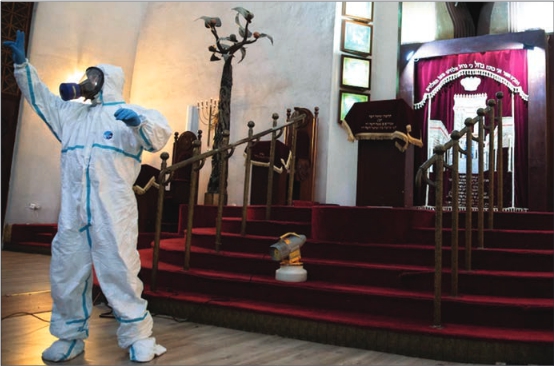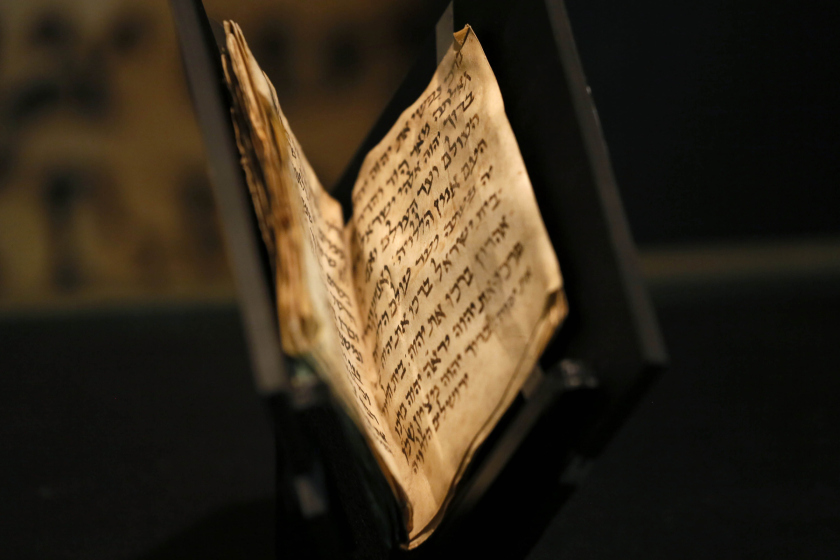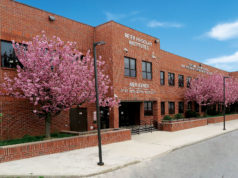
We closed our synagogue last Wednesday. There will be no more prayer services until the coronavirus goes away.
In hindsight, it was an easy decision to make. But at the time, it was anything but.
I was part of multiple conference calls with other rabbis about whether or not synagogues should close. Many were extremely resistant to closing. Even those who closed their synagogues found it extremely painful to do so.
This anguish is understandable. To close a synagogue feels like a betrayal of Jewish history. Jews have always taken pride in their resilience and determination in the face of a crisis. Even in the worst of times, Jews have surreptitiously gathered for prayers in hidden corners, quietly defying their persecutors. Just this past Rosh Hashanah, our synagogue used a remarkable shofar that was sounded in Auschwitz, and smuggled out during a death march. Even holding the shofar would have been a death sentence for anyone caught. Yet with enormous heroism and determination, these people held prayers in the shadow of death.
And now here I am, a rabbi, canceling prayers and locking people out of the synagogue. What sort of rabbi does that?
Retreating into one’s home is not something we would ordinarily consider heroic. As one Internet comic put it: “Your grandparents were called to war. You are being called to sit on your couch. You can do this.” But today, there can be nothing holier than social distancing, because life comes first.
We have closed our synagogue to protect the health of our members. But more than that, we have closed our synagogue to do our part in slowing the spread of this disease. Social distancing is not just a good prophylactic; it is an ethical imperative to help others.
In Halakhah, preserving life is the most important commandment. Maimonides writes that it is the leaders of the community who must be the first to violate Shabbat to save lives—and in the face of a danger to life, we treat Shabbat as an ordinary weekday.
But the priority we give life in Halakhah is not simply a pragmatic concept; it is a profound Jewish value. We consider life to be sacred. Each morning, we read a prayer, that says:
“My G-d, the soul that you placed within me is pure. You created it, You formed it, You breathed it into me, and You preserve it within me.”
Life is a gift from G-d, and it is absolutely sacred. And this is the reason why closing the synagogue is not just a concession to practicality, but an absolute imperative. And if closing a synagogue will protect life, we shall do so immediately.
Some time in the future, we will return back to our shul. But I hope the lesson of this time remains with us as well: that there is nothing holier than embracing life.



